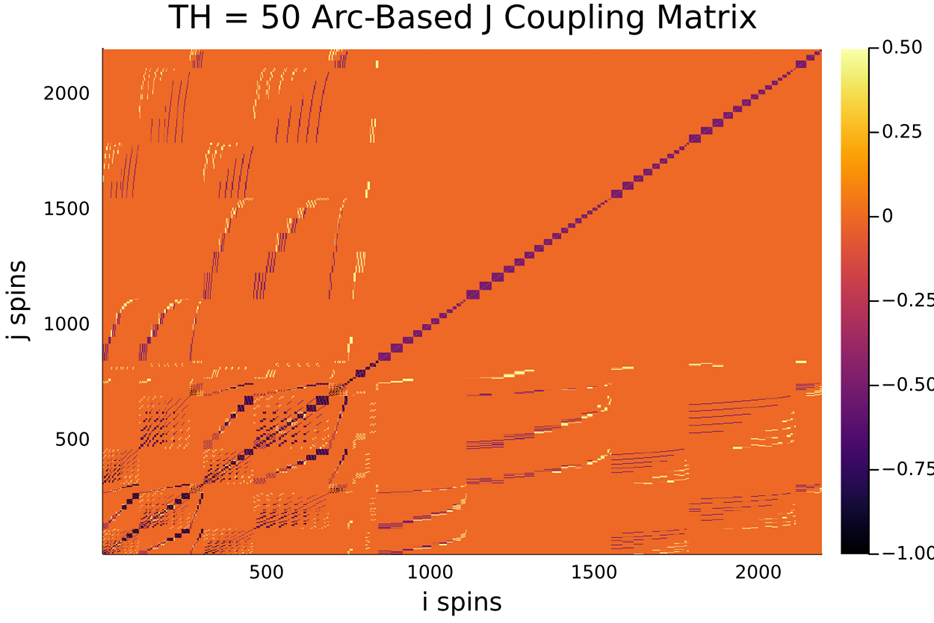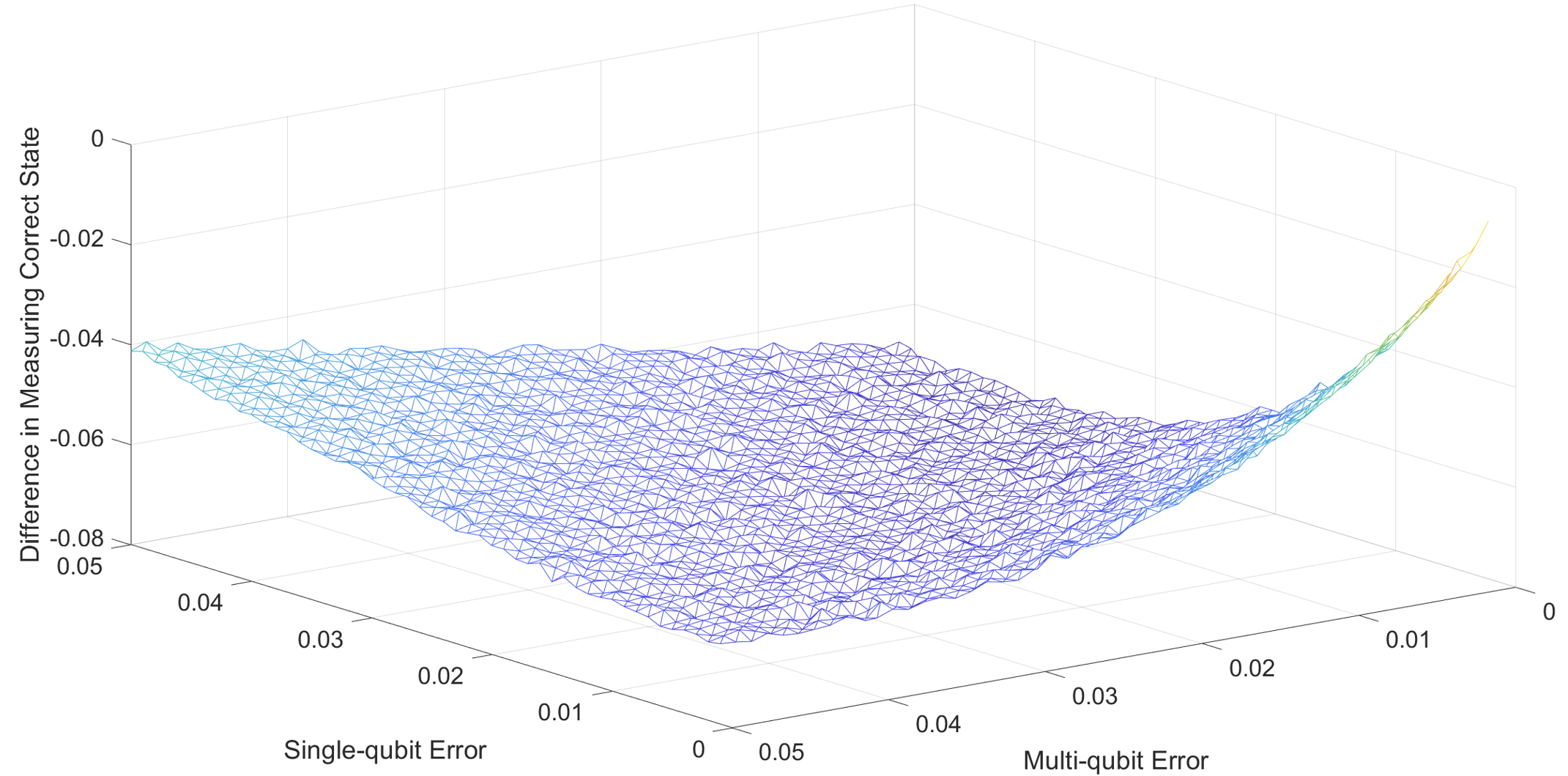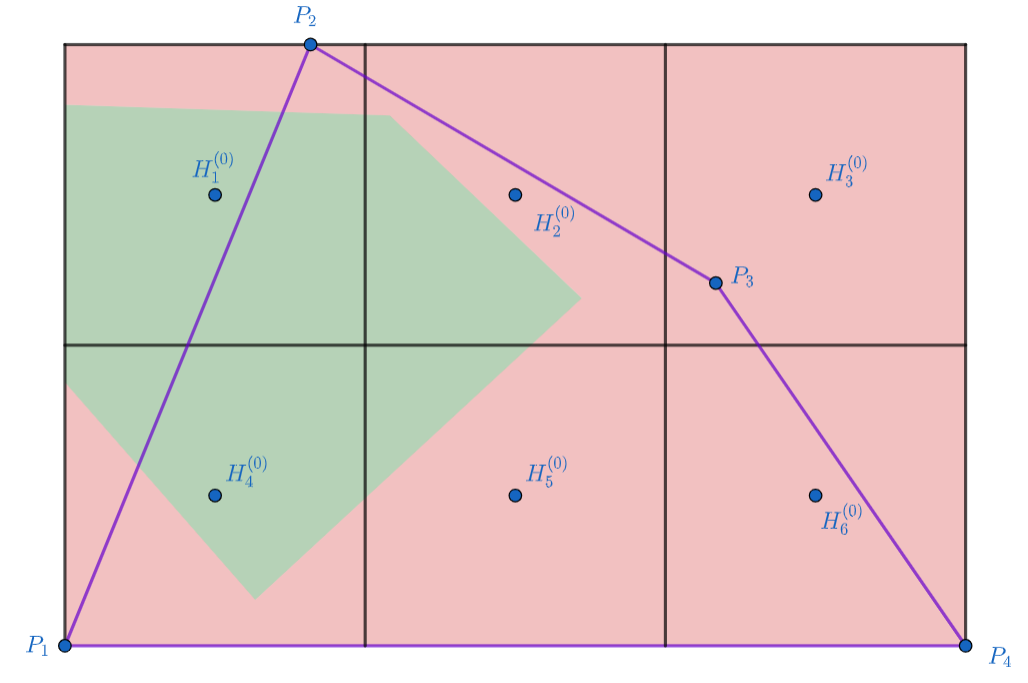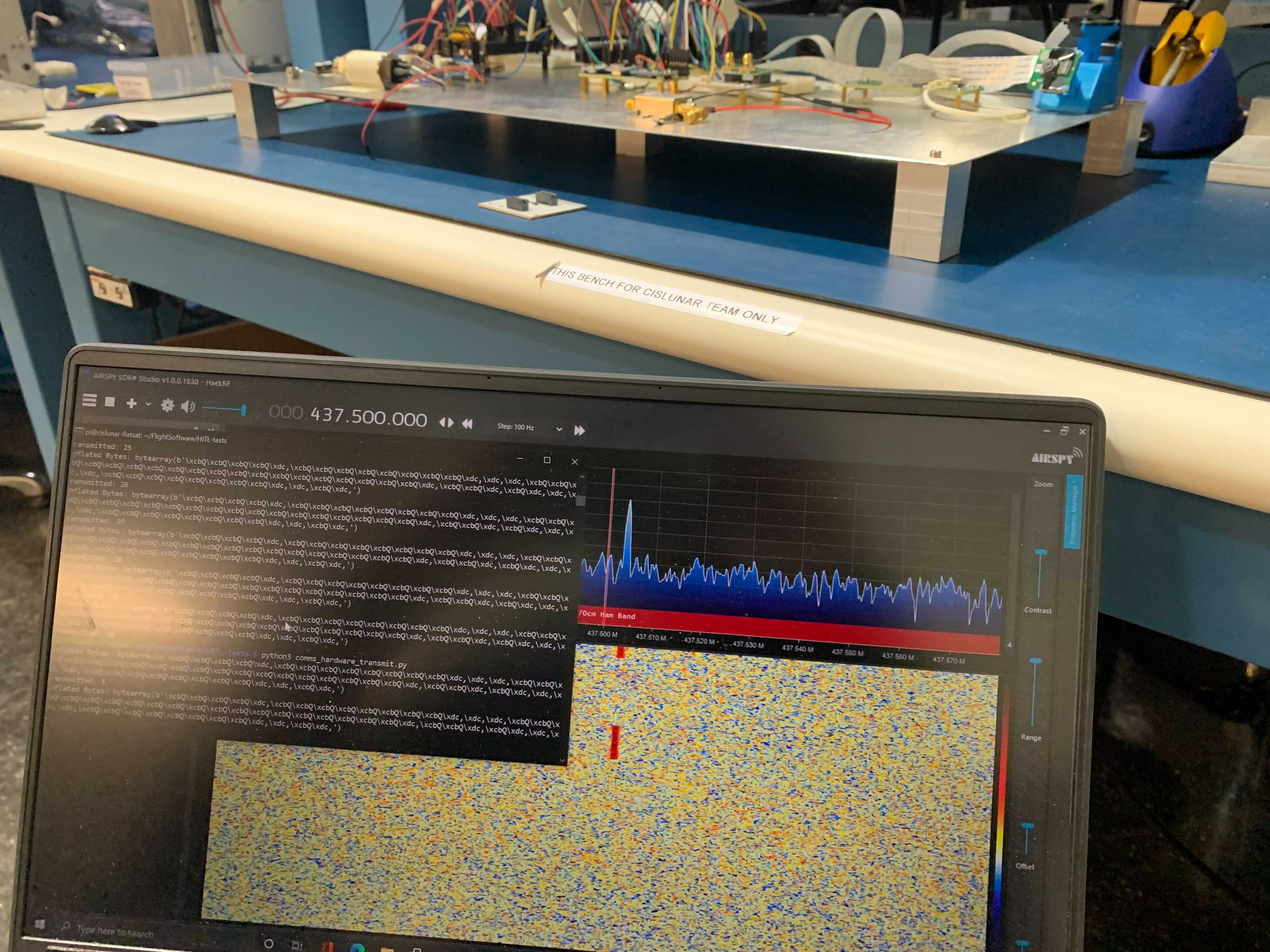Research
My overarching research vision is to develop novel approaches for optimization using non-classical computing. To this end, I take a two-pronged approach in research: algorithmic theorization and analysis/testing. Combined, I hope to build a more nuanced comprehension of the field and have a wider reach with my work.
McMahon Lab
Due to the computational difficulty with computing minimums for certain problems like vehicle routing problems with time windows (VRPTWs), it can be viable to approach these problems using non-traditional means such at the coherent Ising machine (CIM), a physical solver. Our goal is to benchmark the CIM and compare it to traditional solvers like CPLEX and Gurobi, particularly for large instances where traditional solvers struggle.
cim-optimizer
Open-source repository that simulates the dynamics of various CIM solvers.
View ProjectBenchmarking the Coherent Ising Machine for Vehicle Routing Problems with Time Windows
Testing various VRPTW implementations on simulated CIM code for large-scale instances. AVAILABLE UPON REQUEST.
View ProjectInstitute for Creative Technologies
Humans tend to leverage various heuristics in their optimization of dependent choices. We apply various neural networks along with older statistical models like logistical regression to capture this behaviour using cognitive biases such as loss aversion and anchoring.
An Experimental Method for Studying Complex Choices
To better understand how humans approach complex decisions, we introduce an experimental paradigm that involves rotating dials that control the dimension of a nonlinear problem, along with analyzing these results.
View ProjectPast Summer Research
Error Analysis of 3-qubit Standard and Modified Grover’s Algorithms through Noisy Channels
Summer 2021
An unpublished manuscript covering my work over summer 2021 and some related PSETs I did in conjunction with it.
View ProjectMinimum Path Star Topology Algorithms for Weighted Regions and Obstacles
Summer 2020 - Summer 2021
Research conducted with Professor Soltys at CSUCI that details generalizations of Weiszfeld's algorithm to weighted regions and obstacles.
View ProjectSpace Systems Design Studio
Cislunar Explorers
My work at Space Systems Design Studio (SSDS) involved working with Cislunar Explorer's satellite and ground station to make sure that the two were correctly performing their tasks. My efforts were initially devoted towards hardware, and thus I focused heavily on making sure our individual ground station components were working and testing the uplinking and downlinking processes between our model satellite (flatsat) and our ground station. Over time, I began moving more into software, initially working with registration key manipulation to fix our encryption scheme for downlinking and eventually moving onto the optical navigation subteam, where I worked on dynamic position estimation and testing for our satellite using unscented Kalman filters.
Spring 2022 End of Semester Report: Optical Navigation subteam
Encompasses work I did for optical navigation with a heavy focus on unscented Kalman filter analysis and unit testing.
View ProjectFall 2021 End of Semester Report: Communications subteam
Encompasses work I did for the ground station and telemetry for satellite uplinking/downlinking.
View Project

.png)


.png)
